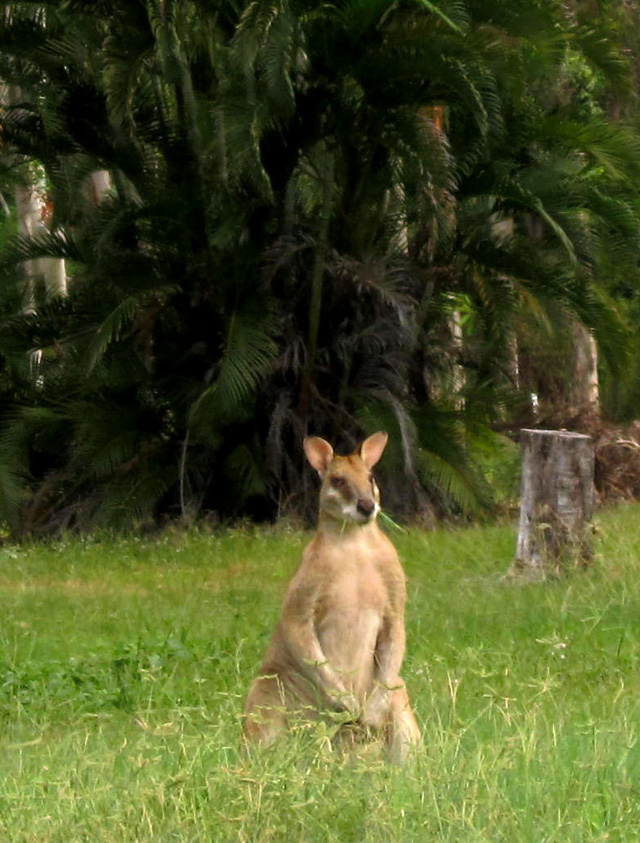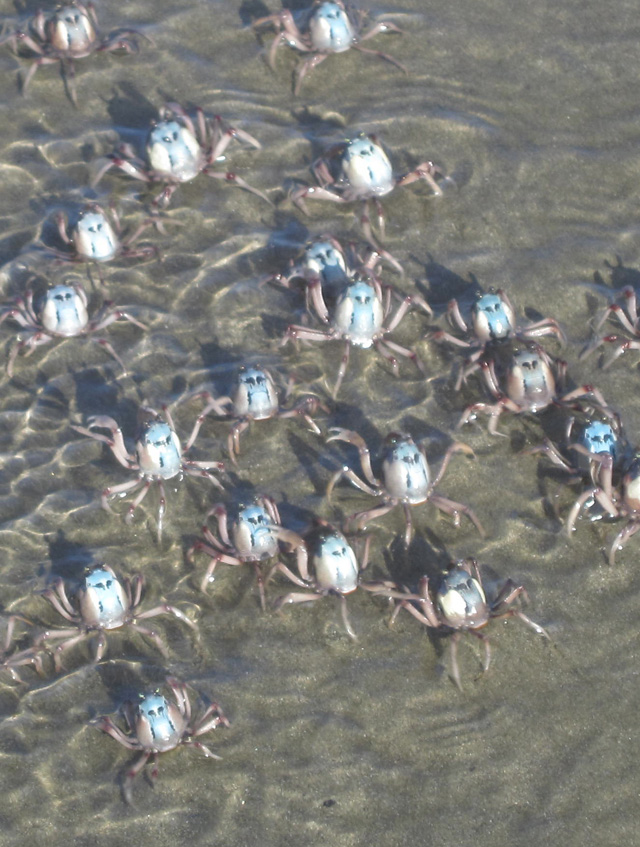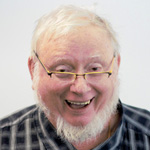
The British television program ‘Escape to the Country’ has developed quite a following as it brings with it possibilities, hope, challenge, excitement, options and most of all we too place ourselves into the ‘sea-change’ mold.
Sea-change is the Australian psychological mode for getting out of the city, and moving to either a coastal area or into a rural situation. More Australians in recent years than ever before have made this decision. More on this later and how it is affecting church life.
%20of%20Proserpine%20Lake.jpg)
England
‘Escape to the Country’ scenario is a simple one. A couple, singles, widows or widowers, want to move to the country out of the city. A similar Australian program follows the same scenarios - ‘Escape from the City’.
They provide the search team a very detailed analysis of what they would hope to get –
Budget
Life Style / Gardens
Close to a village
Not too far from large shopping
Easy access
3-4 bedrooms
Study and workshop
Sewing room / Conservatory
and such like
Three properties are selected for viewing all within the budget, the first two are open and available, the grounds and gardens are spectacular, the kitchen and lounge dinning are welcoming, the bedrooms are spacious and so on.
Then there is a ‘secret house’ whereby the third property is a close to what the candidates want as possible. All stops are pulled out. Usually it takes the cake (as it were) and quite often it is selected for purchase. This is a very entertaining program.
Sea-change
I have written on the sea-change philosophy previously in this column and given some examples of such change.
The situation with Australian sea-change features
Cost factors - cities too expensive
Country atmosphere
Many young people move back to country towns
Involvement in the community
Education for the children
Sports and social engagements
The country has these in spades and what is more, with the internet, many jobs can now be undertaken from the home rather than from a city office. Think drafting roles, architecture, finance, research, policy roles, white collar jobs where IT means you can live virtually anywhere, and the like.
Previously I have noted the Whitsundays main land on Repulse Bay ‘Midge Point’ area is such a sea-change. People already live there who their employed on-line work. Coal miner industry sees many of their people living there as an ideal semi-rural, close to the water, ideal for the children, school buses, 25 min from the Whitsundays airport (Proserpine) and the like.
This is where the Well-Being Australia ‘Laguna Quays Respire’ cottage is where missionaries can unwind and take time out without cost to them.

 Dr Mark Tronson is a Baptist minister (retired) who served as the Australian cricket team chaplain for 17 years (2000 ret) and established Life After Cricket in 2001. He was recognised by the Olympic Ministry Medal in 2009 presented by Carl Lewis Olympian of the Century. He mentors young writers and has written 24 books, and enjoys writing. He is married to Delma, with four adult children and grand-children. Dr Tronson writes a daily article for Christian Today Australia (since 2008) and in November 2016 established Christian Today New Zealand.
Dr Mark Tronson is a Baptist minister (retired) who served as the Australian cricket team chaplain for 17 years (2000 ret) and established Life After Cricket in 2001. He was recognised by the Olympic Ministry Medal in 2009 presented by Carl Lewis Olympian of the Century. He mentors young writers and has written 24 books, and enjoys writing. He is married to Delma, with four adult children and grand-children. Dr Tronson writes a daily article for Christian Today Australia (since 2008) and in November 2016 established Christian Today New Zealand.
Mark Tronson's archive of articles can be viewed at http://www.pressserviceinternational.org/mark-tronson.html

Dr Mark Tronson - a 4 min video
Chairman – Well-Being Australia
Baptist Minister 45 years
- 1984 - Australian cricket team chaplain 17 years (Ret)
- 2001 - Life After Cricket (18 years Ret)
- 2009 - Olympic Ministry Medal – presented by Carl Lewis
- 2019 - The Gutenberg - (ARPA Christian Media premier award)
Gutenberg video - 2min 14sec
Married to Delma for 45 years with 4 children and 6 grand children